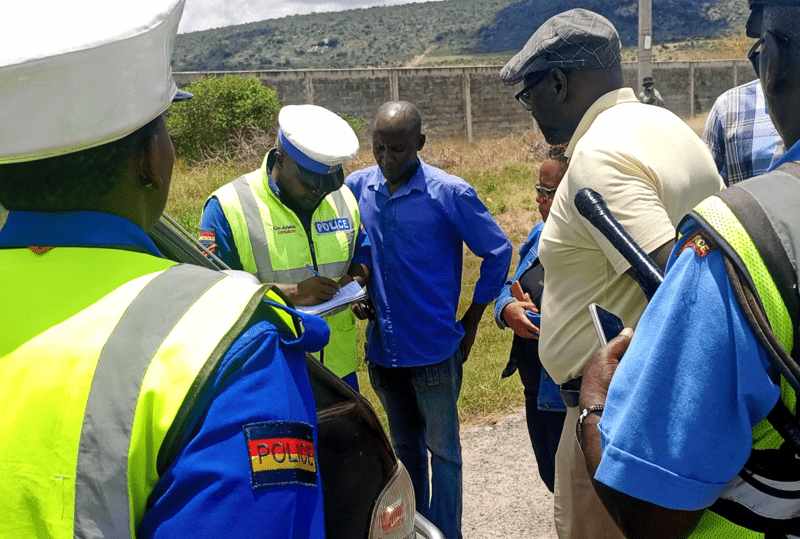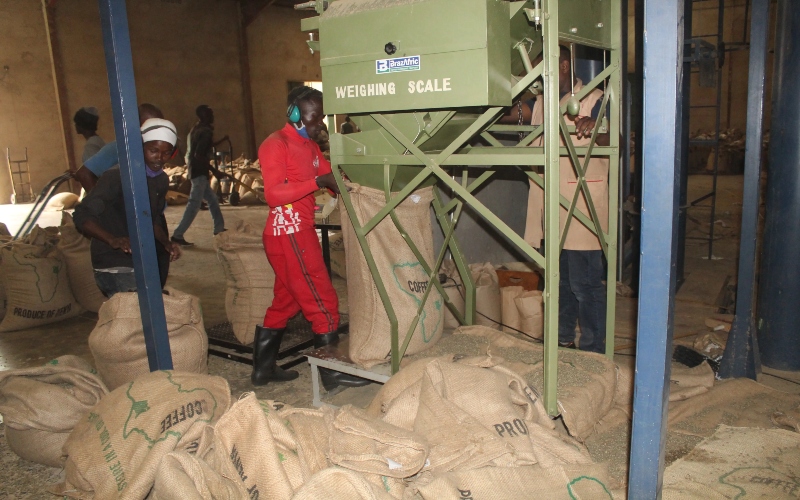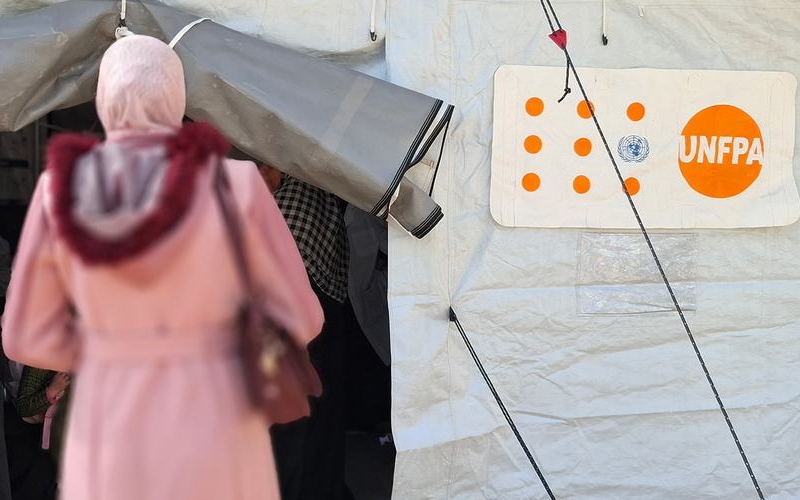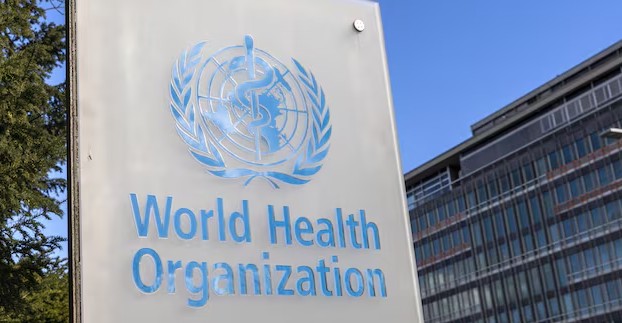New Bill seeks to give NTSA oversight of road, rail, air and maritime crashes

The sponsor of the Bill, Limuru MP John Kiragu, argues that integrating all modes under one regulator will eliminate duplication of roles and enable faster, more coordinated responses to accidents across the country.
A new proposal is seeking to grant the National Transport and Safety Authority (NTSA) powers to oversee transport crashes investigations not only on roads but also in rail, air, maritime, and pipeline sectors, in a bid to centralise Kenya’s transport safety framework under one agency.
The sponsor of the Bill, Limuru MP John Kiragu, argues that integrating all modes under one regulator will eliminate duplication of roles and enable faster, more coordinated responses to crashes across the country.
More To Read
- NTSA revives alcoblow, night patrols, mobile courts to curb road accidents during festive season
- Over 3,000 road crash deaths spur festive season safety crackdown
- Omtatah pushes Senate to act on road safety as deaths surge past 4,000
- Cab fares to rise as government revises digital taxi rates to cushion drivers
- Over 4,100 killed on Kenyan roads in 2025 as NTSA rolls out new safety measures
- Ngong Road users warned of daily diversions near Junction Mall until December 10
Appearing before the National Assembly Transport Committee on Tuesday, Kiragu said the current framework for investigating transport-related crashes is scattered across different institutions, making it inefficient.
“The current structure is disjointed and leaves room for inefficiencies and delayed responses. There is an urgent need for an integrated approach across road, rail, air, marine and pipeline transport,” he said.
The proposed law would place overall responsibility for land transport safety, including roads, railways, and pipelines, under the NTSA, creating a unified approach to transport crash management.
Currently, various agencies handle specific sectors. NTSA and the police investigate road crashes, Kenya Railways looks into rail incidents, the Kenya Maritime Authority deals with maritime accidents, and aircraft incidents fall under the State Department for Transport.
Although MPs on the committee, chaired by Ruaraka MP T. J. Kajwang’ and led by Ndia MP George Kariuki, welcomed the proposal for a more coordinated system, several raised concerns about potential conflicts of interest.
Mumias West MP Johnson Naica cautioned that NTSA’s role as both regulator and investigator in road transport may compromise its neutrality if given wider responsibilities.
“NTSA is already a regulator in the road transport sector. So it may not be independent enough to conduct impartial investigations, especially in the aviation sector where international standards demand autonomy,” he said.
Under international aviation guidelines, accident investigation bodies must be institutionally independent and report directly to either the Head of State or Parliament to ensure impartiality and credibility.
In 2023, the Cabinet approved the establishment of the Kenya Transport Accident Investigation Bureau, intended to carry out independent investigations into road, rail and maritime crashes. However, its operational status remains unclear.
“We need to know where things stand with the Bureau. Before NTSA is handed broader responsibilities, we must ensure the institutional framework guarantees true independence, especially in line with international best practices,” Kajwang said.
The committee now plans to summon the Cabinet Secretary for Transport to clarify the status of the Bureau and determine how the proposed legislation can be harmonised with global standards.
With recent air crashes drawing scrutiny to Kenya’s aviation safety record, legislators are expected to closely examine the Bill’s implications on transparency, institutional roles and the country’s international obligations in transport safety oversight.
Top Stories Today
















































